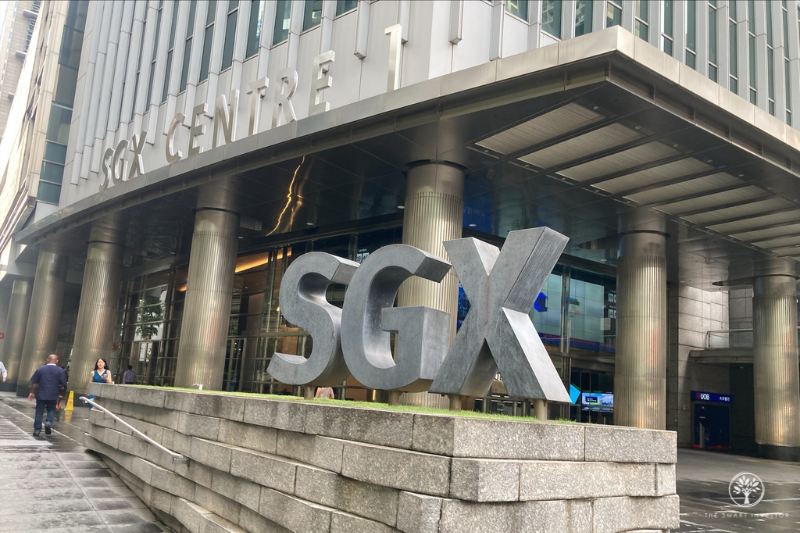Typically regarded as the dependable bedrock of a long-term portfolio, Singapore blue-chip stocks are known for their stability, strong balance sheets, and reliable dividend payouts.
However, blue-chip stocks can also carry risks that can surprise even the most seasoned investors.
In this article, we delve into the real risks of Singapore blue-chip stocks and what investors need to consider when building a portfolio around them.
A blue chip is typically a large company, characterised by solid financials with a track record for stable earnings, prudent money management and consistent dividends, often represented within the Straits Times Index (SGX: ^STI).
Blue-chips are usually industry leaders, such as DBS Group Holdings (SGX: D05), Singapore Telecommunications Limited (SGX: Z74), and Singapore Exchange Limited (SGX: S68).
They are seen as “safe” as they typically have businesses that serve multiple markets, delivering diversified revenue streams.
However, are blue-chip stocks really safe?
What are some of the risks that these companies have that are commonly neglected or downplayed?
Many investors believe blue-chip stocks are shielded from major market fluctuations because of their size and stability.
However, history has proven repeatedly that even the most established companies are vulnerable during market cycle downturns.
Despite being a conglomerate, Keppel Ltd. (SGX: BN4), with a market capitalisation of approximately S$20 billion in 2013, saw its share price slump from S$11.00 to S$4.80 over a three-year period from 2014 to 2016.
Falling global oil prices had led to increased caution, and the group’s offshore and marine division was significantly impacted.
Keeping a diversified portfolio is the best way to minimise this risk.
Add quality companies with sound financials and diversified revenue streams from different sectors to create a diversified portfolio.
A majority of blue-chips operate in industries that are highly regulated, such as banking and utilities, and as a result, carry considerable regulatory risks in the changing political environment.
Once regarded as the unshakeable leader in telecom, regulatory changes and an evolving competitive environment have impacted Singtel’s business.
India’s “adverse regulatory and court rulings” impacted the telco’s Airtel venture, which was one of the reasons Singtel cited for the 65% contraction in net profit in its FY2020 report.






